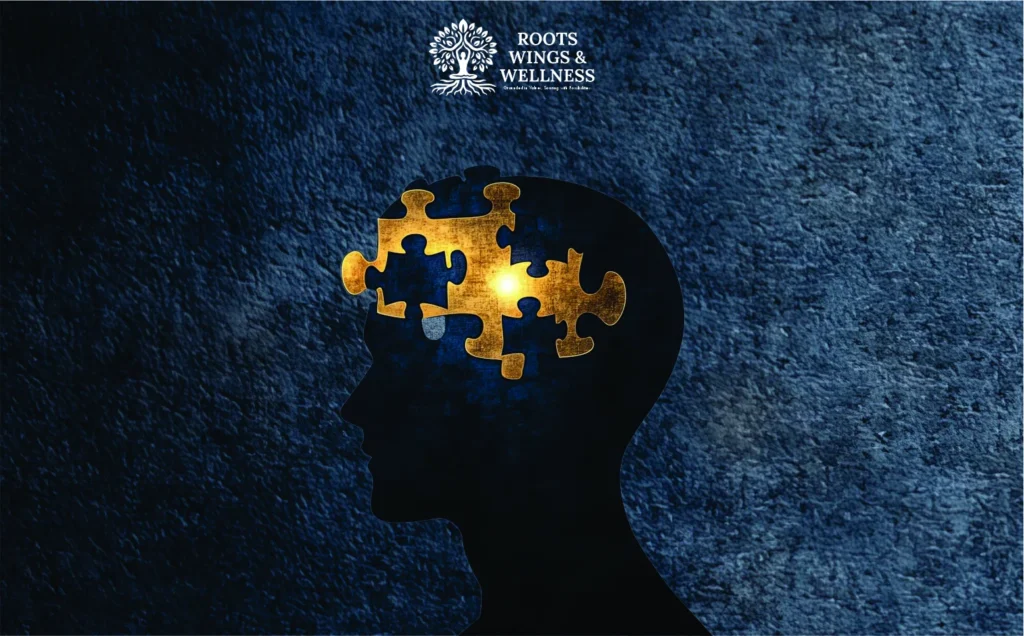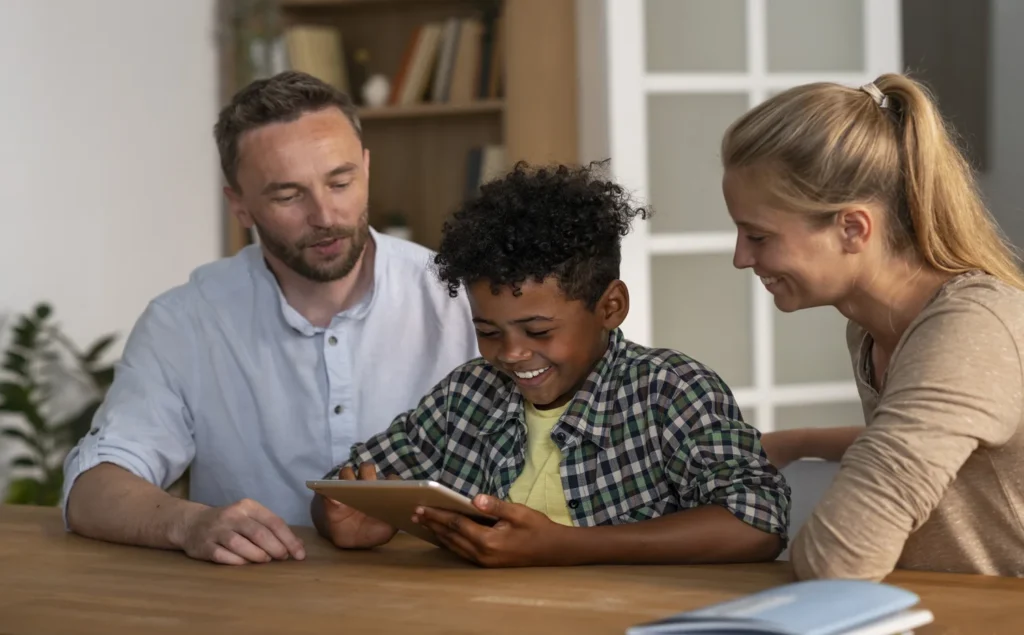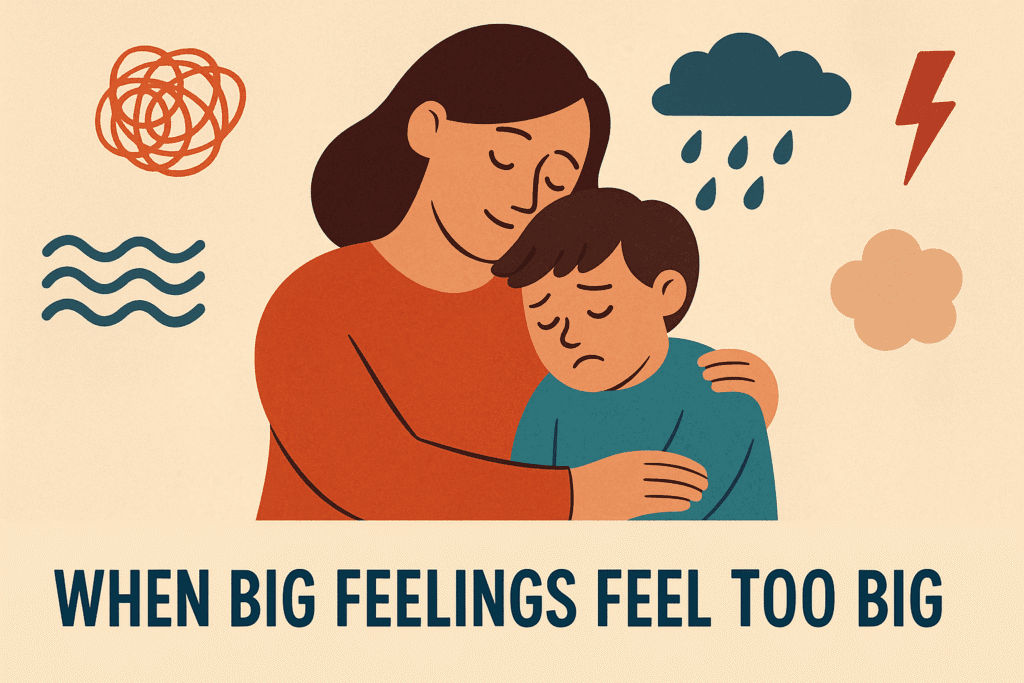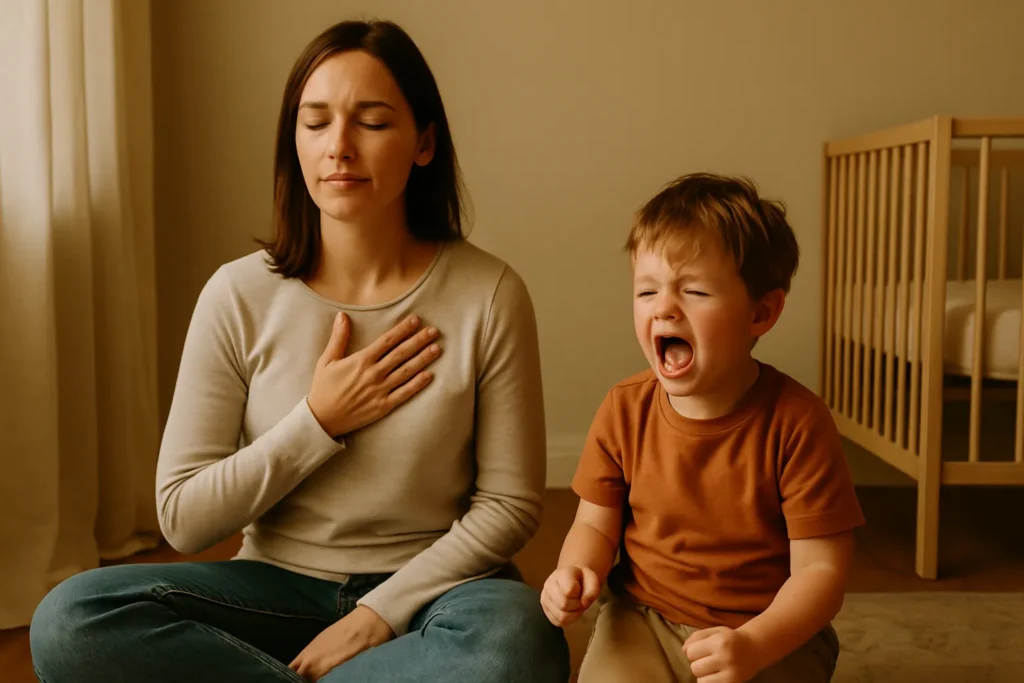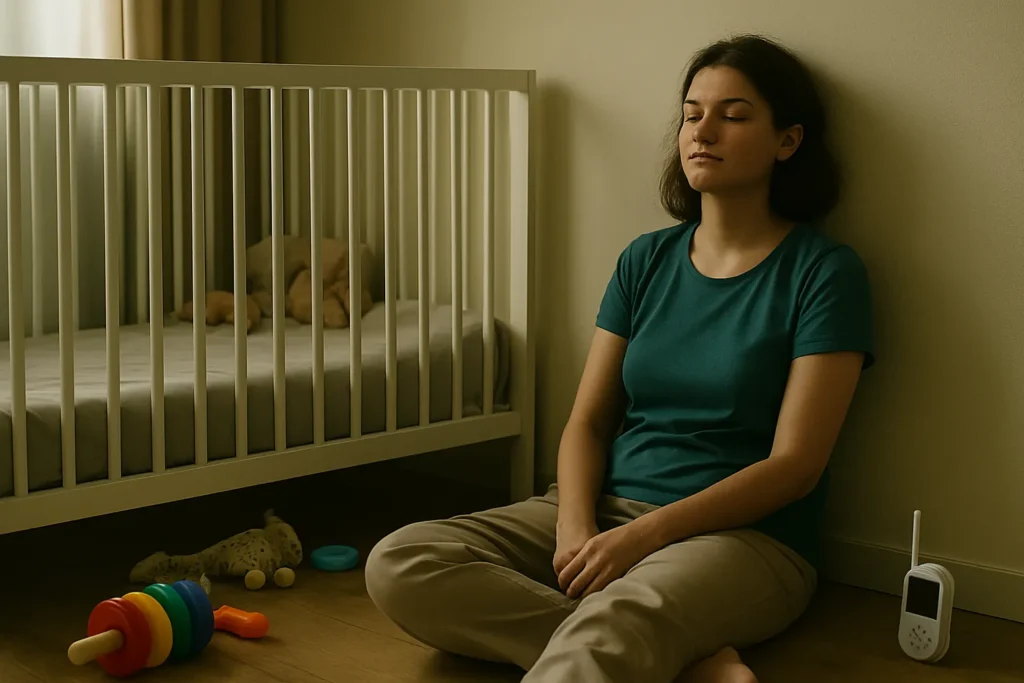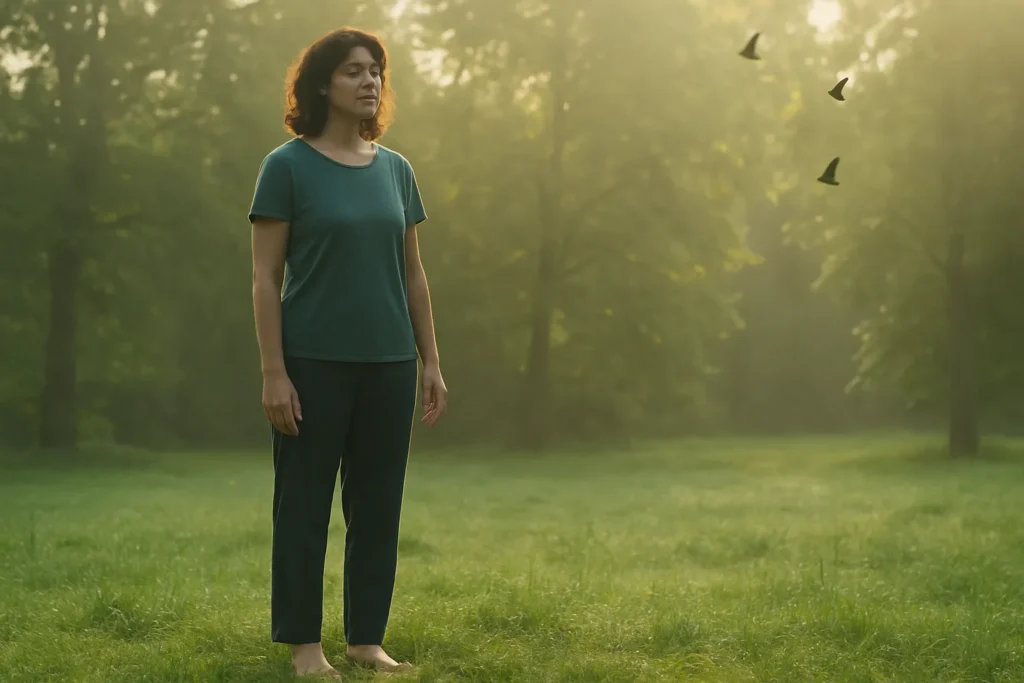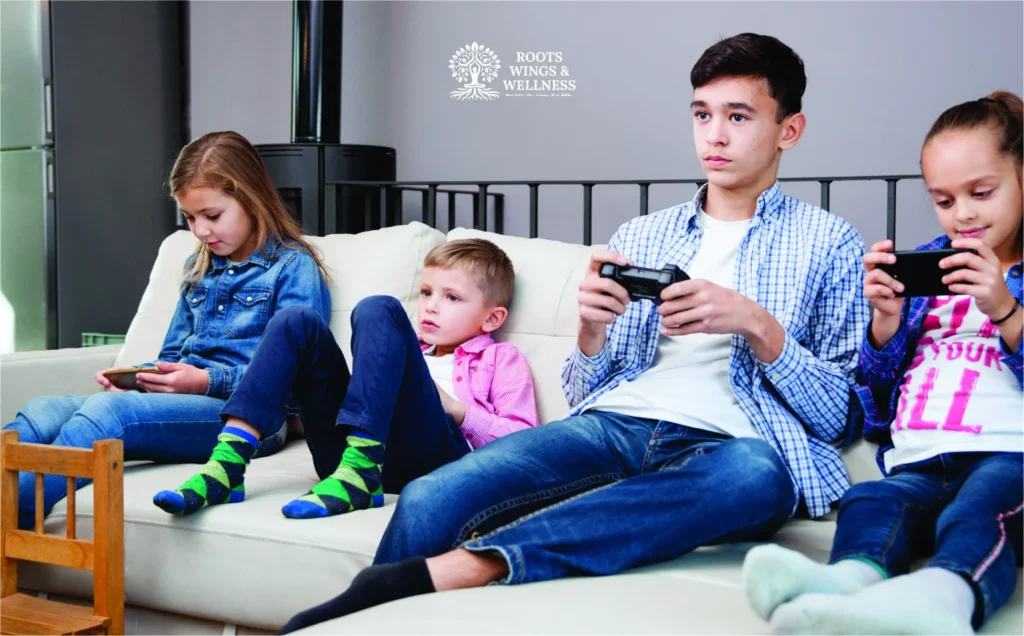It started with a slammed door.
My five-year-old had just screamed something about the wrong cereal. My head was pounding. I stood there frozen—partly furious, partly guilty, and mostly exhausted. I wanted to be the calm, grounded parent I’d read about. But in that moment, I felt anything but.
That was the day I realized something had to shift.
Not my kid. Me.
What followed wasn’t a parenting course or a magical routine. It was a single, intentional habit that—slowly but surely—changed how I parent: pausing before I react.
The Power of the Pause

It sounds simple, almost laughably small. But the pause? That was everything.
Here’s what I’m saying. Previously, I’d leap in automatically—defending, correcting, yelling, attempting to take back control. But when I began to practice that one-second delay, I granted myself the opportunity to actually observe what was occurring.
I’d breathe. Feel my feet on the ground. Release my shoulders. Just become aware of my own pounding heart.
Then, I’d respond—not react.
Sometimes I still said the same thing. But it came from a grounded place, not a triggered one. And my child? They felt the shift. Kids may not always listen to what we say, but they absolutely mirror what we feel.
That one pause became the heartbeat of what I later discovered had a name: mindful parenting.
What Is Mindful Parenting (Really)?

Let’s get one thing straight—mindful parenting doesn’t mean you’re calm all the time. It doesn’t mean you never lose your cool or that you meditate while your toddler hurls Legos across the room.
It simply means you notice. You notice what’s happening inside your child—and inside you—in the heat of the moment. And instead of reacting out of habit (yelling, fixing, lecturing), you pause… and respond with a little more awareness. A little more curiosity. A little less control.
It’s not perfection. It’s presence.
Mindful parenting means:
- Noticing when your jaw clenches before you snap
- Taking a breath before answering a hundredth “why?”
- Realizing your child’s meltdown isn’t about disobedience—it’s about dysregulation
- Offering presence over punishment
It’s not always pretty. But it’s real. And over time, it transforms everything—from morning chaos to bedtime routines.
What Changed for Me (And My Kid)
When I started pausing, everything slowed down. Not the world—but my perception of it.
I could finally see what my child needed instead of just what they were doing.
- Their “tantrum” became a cry for connection
- Their “defiance” became a signal of overwhelm
- My frustration became an invitation to check in with myself—not just fix them
It wasn’t always neat. I still lost my cool sometimes. But I began to repair more easily. I apologized more. And those moments of rupture? They didn’t feel so defining anymore.
How You Can Try It

If you’re curious to try this one habit, start here:
1. Notice the Heat
When you feel that emotional surge—clenched fists, raised voice, heart racing—that’s your cue.
2. Pause
Just stop. Breathe in through your nose, out through your mouth. Put your hand on your heart or your belly. Feel your body.
3. Then Respond
From this place, ask yourself: What does my child need right now? What do I need?
Responding doesn’t mean letting go of boundaries. It means anchoring them in connection.
Final Thought: Small Habit, Big Impact
I didn’t become a “perfect” parent. But I became a present one.
That single habit—pausing—didn’t erase the hard days, but it gave me back my power to parent from the heart instead of from the heat.
If mindful parenting feels like too much, just start with that: one pause. One breath. One moment of noticing before doing.
That’s where the calm begins.
Check out our insightful articles on Parenting and children’s growth and development at Roots, Wings & Wellness.
Join Instagram community to follow interesting perspective on blog takes.

